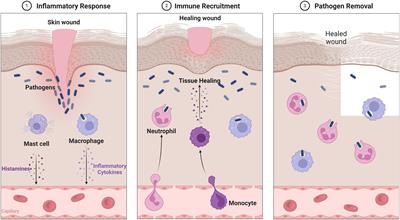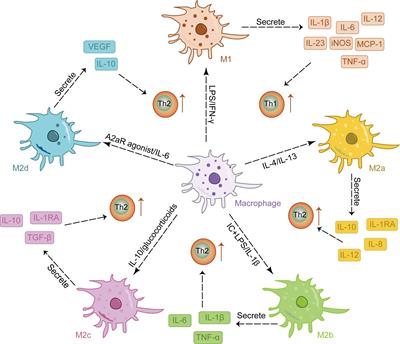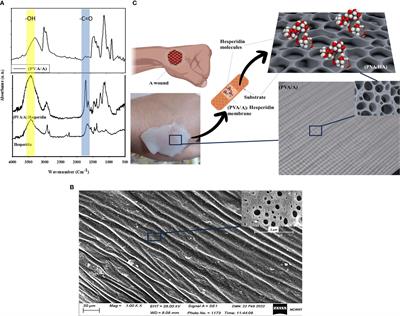ORIGINAL RESEARCH
Published on 29 Oct 2024
Alpha-Pinene-encapsulated lipid nanoparticles diminished inflammatory responses in THP-1 cells and imiquimod-induced psoriasis-like skin injury and splenomegaly in mice

doi 10.3389/fimmu.2024.1390589
- 952 views





